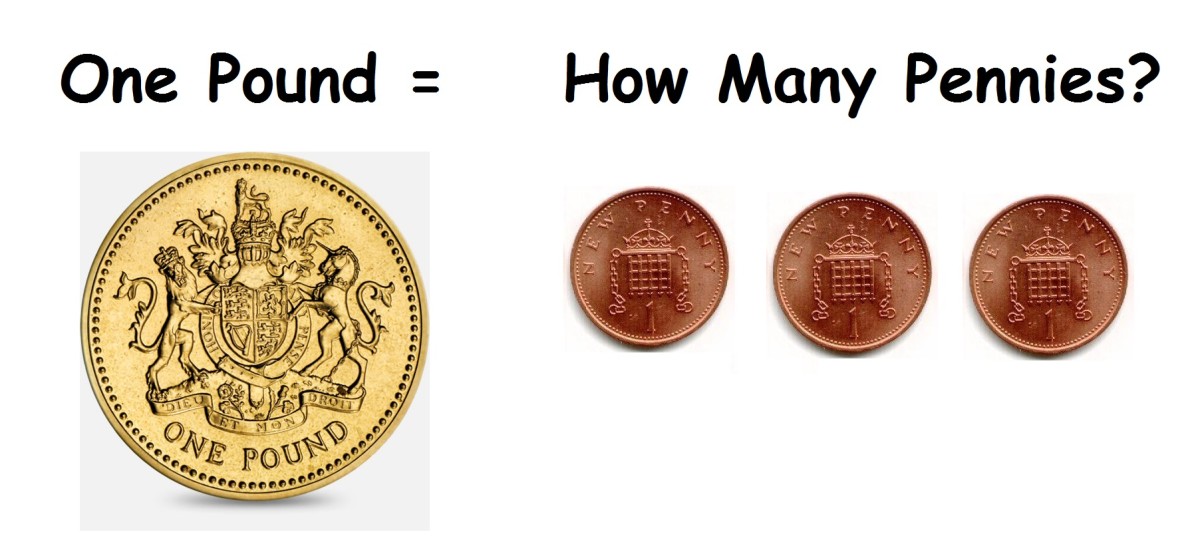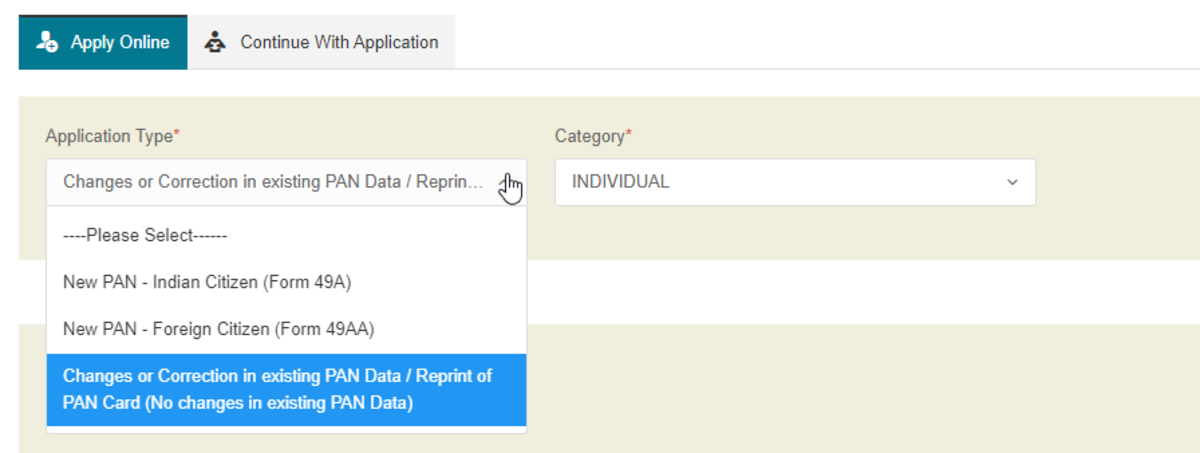Buy a House and Become a Millionaire

Should you buy a house during the housing crisis?
Buying a house can be a scary prospect, especially during the housing bubble. It costs a lot of money and generally requires a commitment to own the property for a long while. You know that buying a house used to be a good investment, but does that still apply during the current market conditions?
Yes, buying a house remains a good investment, but you cannot buy one in the hopes of a large increase in its value on the market. There are other benefits though. It is a great way to diversify your investments, build equity, and give you a place to live.
Buying a House
Buy a House in a Housing Bubble
The housing crisis has provided a perfect time to buy. The prices of houses are down. With so many foreclosed homes, banks are willing to sell the homes at a discount, so you will be able to find many affordable homes that match your tastes and specifications. Since there are more sellers than there are buyers, you are in a position to negotiate and ask for the seller to pay your closing costs, or repair something before you buy it.
Also, interest rates are down. Being able to buy a house at a low price with a low interest rate makes it a prime time to buy a house. Today's market conditions have provided an opportune time to buy a house. The experts warn that it may take some time before houses will increase in value, but if you choose well, you can find a beautiful home to live in, and start building equity. An investment in a home is a long-term investment, and the sooner you start building equity, the better. As long as you keep making your mortgage payments, the sooner you start, the sooner your house becomes fully paid, and yours.

Home Ownership
Buying vs. Renting
When you rent a property, you give the payments to your landlord, month after month. When you pay rent, you are helping the landlord build equity in his home. The landlord is required to maintain the property, and you can move out easily as long as you provide sufficient notice. Renting is a good short-term choice when you are in a place for a small amount of time. It gives you the flexibility to move without having the burden of selling the house. Also, if you are new to an area, you may want to rent in order to give yourself enough time to know the crime rate, economic conditions, schools, and social makeup of the different parts of town.
The main benefit of buying a house is that the most of the monthly payment is being applied towards the equity of the home. Each month, as you pay down the principal of your mortgage, you are owning more and more of the house. As rents increase, the amount of your mortgage will stay the same if you have obtained a fixed rate mortgage. Eventually, you will be able to pay off the loan, and you house will be yours entirely. You will be able to continue to live in the house without paying rent. Although you should not rely on it, it is also a good chance that the value of the house will increase due to inflation and market conditions.

Housing Criteria
What should you look for in a house? You should consider what your requirements are for a house, based on the types of features that are available in the area. Features like basements and attics and air conditioning might be abundant in some areas and very rare in others. Try to take into consideration changes that might occur in your life in the future. Since you will be living in the house for the long term, you may want an extra bedroom or two if you are planning to start a family in the future.
Don't Overbuy
Sure, you probably want the biggest and nicest house you can afford. But consider the fact that a bigger house will cost more not only in purchasing it, but also in taxes, insurance, and maintenance. It will require more furniture, making it more expensive to furnish, and will cost more in utilities to heat and cool. There may also be a homeowners association or other people in the neighborhood who will pressure you to keep up the value of the home by maintaining and upgrading it regularly. The key is to buy a house that satisfies your reasonable requirements without getting carried away.
Down payment
A large down payment is not required to buy a house. You might be able to get a loan with a 3% down payment, or 5% or 20%. The 3% and 5% down payment will require the purchase of mortgage insurance, to provide protection to the bank that you will not default, and therefore costs you more money. A 20% down payment will help you find a loan with a lower interest rate, without having to pay for mortgage insurance. It will also help you build equity in your home faster. Saving for a down payment is good practice to see if you can afford a mortgage. When you are buying a house, be sure to save some money for updating and furnishing the home, and to pay for unforeseen maintenance or repair. Also maintain a financial cushion so you can continue to make your mortgage payments in case of a health or job emergency.
Credit Rating
A good credit rating will help you get a mortgage with a low interest rate and satisfactory terms. In order to maintain your good credit rating, be sure to buy a house that you can afford. Even after you have purchased your home, you want to make sure you pay your bills on time, and maintain your good rating. You will need it when you refinance the home, get insurance, or try to get a home equity loan.
Additional Millionaire Tips
- Where to Get Things For Free
Where to Get Things for Free is a listing of the many places you can get free stuff. - What is a Millionaire?
The first step in becoming a millionaire is to set a goal. The definition of millionaire is discussed, and the two different kinds of millionaires. - What Are The Advantages of Being Poor?
Being poor can sometimes be more advantageous to you on your road to financial success. Learn about the advantages of being poor, the disadvantages, and how you can leverage your financial history to becoming financially successful, maybe even a mill - Become Richer Day by Day
Paying your bills on time is one way to becoming financially successful, and potentially become a millionaire, one day at a time. The hub provides detailed directions on setting up a bill payment system.

Millionaire Tips on Home Ownership
Rent Increases
Even though your mortgage payment will not increase if you have a fixed rate loan, you might consider being your own landlord, and require a rent increase every year, As your income increases, you can pay more on your loan, thereby paying off your loan early. Since this is an optional arrangement, if you do not have the money to make the additional payment, especially around the holidays, you will not incur any penalty for paying only the regular mortgage amount and not the additional increase.
Refinancing Your Loan
Depending on the amount of the loan and any increases in your income, you might consider financing or refinancing to a 15 year loan, especially if it carries a lower interest rate. This will also help you pay down the loan faster. At the time I bought my home, I was able to find a low interest rate loan. When I was considering refinancing, I was unable to find a 15 year loan that carried a lower rate and low closing costs. I calculated my payments, and paid additional amount on my mortgage, as if I had a fifteen year loan. I also paid extra from time to time when I had a tax refund or a bonus from my employer. This saved me a lot of money in interest costs, and is now providing me with a rent-free place to live.
Increase the value of your home
You can also increase the value of the house by keeping it well maintained. Fix things when they are broken, and keep up with regular landscaping and maintenance. If you do regular upgrades, you will be able to enjoy them while you are living on the property, and avoid having a massive updates when you are about to move. When something gets broken, I try to replace it with something that is slightly better quality than the thing that was broken. In this way, the value of the house is increased. I reserve $1,000 each year to update or upgrade the house. Some years, money is tight and I need it to pay bills, and spend less than that, but other years, I find something I want to update that costs slightly more. Be sure to keep in mind the value of the homes in the neighborhood when considering your updates. Since most of the value of a home is based on the location, some upgrades will not get you back the money you put into them.
Buy a House
Instead of renting, buying a house makes good sense. You are building equity in your home, diversifying your investments, and providing yourself with a comfortable place to live. Most millionaires own their own homes, and buying a house gets you one step closer to becoming a millionaire. In this economy, since you have low prices for homes and low interest rates, you will likely be able to find an affordable house that meets your income range. By following the other Millionaire Tips, you will be able to save money, pay extra on your mortgage, and reach your goal of becoming a millionaire even faster.










